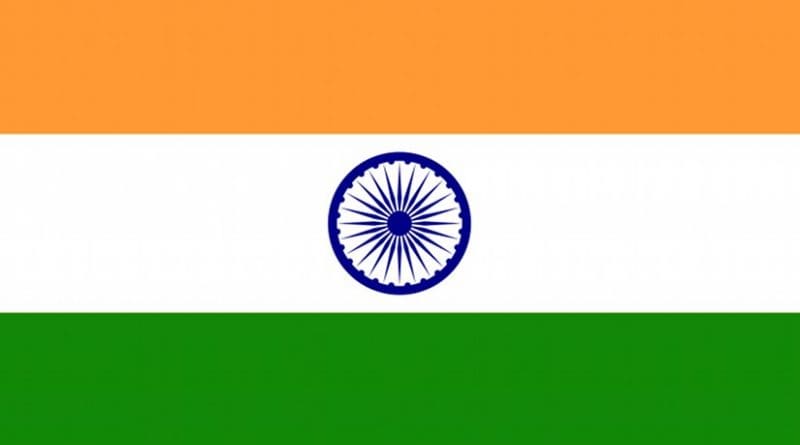India-Russia Nuclear Deal And The Dynamics Of World Politics – OpEd
The great powers, particularly the de-jure status holders, under the NPT framework only confer the nuclear status to those states who acquired the technology prior to 1968 and leaves no further room for others who were unable in the aforementioned timeframe and yet their persistent efforts for the acquisition of nuclear capability labels them as rogue states.
The role and policies of “great-nuclear powers” on the issues of further nuclear proliferation are some of the persuasive aspects of discouraging many non-nuclear states to refrain from seeking the nuclear options, but however, in some cases the situation becomes otherwise and the vested interests of those powers also imply the options and policies of cooperation with the non-nuclear weapon states and conversely eagerly assist in their clandestine nuclear programs.
The business interests and the policies of empowering the non-nuclear strategic partners only for the containment of the rival states such as the case of US–India relationship, the strategic partnership and the nuclear cooperation greatly is motivated by the economic and military containment of China. But as a reaction to such policies, additionally is given the fact that the regional powers consider them second to none and persistently keep-up with the procurement of huge arsenals of latest conventional and non-conventional military equipments merely to preserve their power, and as a consequence, the whole region ultimately is dragged into the budding power struggle.
Similarly, in the end of December, 2015, the visit of Indian Prime Minister to Moscow concluded with 16 new deals between the two countries ranging from Russian assistance for India in the fields of defence, energy, space cooperation and notably, the proclamations of procuring Russian nuclear reactors to build a nuclear industry in Kudankulam and some other undisclosed nuclear sites in India.
The politically motivated Indo-Russian strategic cooperation is an outcome of the Indian refusal to Western powers for criticizing the moves of annexing Crimea into mainland Russia, whereas, sanction-hit Russia is also striving for a variety of options to get new markets and investment options.
Apparently the current Indian ambitions are aimed at its self-sufficiency in the fields of energy for civilian purposes, but essentially these fulfill the broader objective of the Modi administration to aggressive and assertively pursue the goals of thorium reactor technology and building nuclear power plants through foreign support.
The Russian state nuclear company Rosatom agreed to assist India in building new nuclear power plants besides the Russian support for Indian defense production means for manufacturing Russian-designed Kamov helicopters in India is the key defense project envisioned by the Prime Minister Narendra Modi’s administration for its goals of ‘Make in India’ program. The Modi regime’s ambitions of regional hegemony through the edge of advanced military equipment in the course of the local capability and indigenously made weapons system rather than importing from abroad are some of the factors pushing South Asia towards an unending arms race. India at the moment is one of the world’s largest importers of defense equipments and its further plans for the procurement and modernizing its antiquated conventional military equipment by spending more than $250bn in the next 10 years.
New Delhi’s endeavor to benefit from Russian cooperation in the energy and defense sectors is principally the enthusiasm for modernizing the capabilities of its armed forces, but in turn these ambitions actually contain enduring security implications for the South Asian region.


Pakistan is building 2 nuclear reacts in association with china both of which are not signatories to not. Also pakistan has been illegally occupying balochistan for over 69 years. Lastly. Pakistan is fooling the world.in the form of zarb e azb where no action been taken against haqqni network, hindu mujhaideen,jamat ud dawa,jaish e mohammed,lashkar e toiba,jamat e islami,harshkat ul mujhaideen. The world knows that Osama bin laden,dawood ibrahim,Azharuddin massod,syed
salauddin,hafiz saeed,zakhi ur Rehman lakhvi, and various terrorists are.hiding in pakistan supported,financed and trained by isi. Civilian governments in pakistan are a puppet.to.fool the world.and get economic aid from them